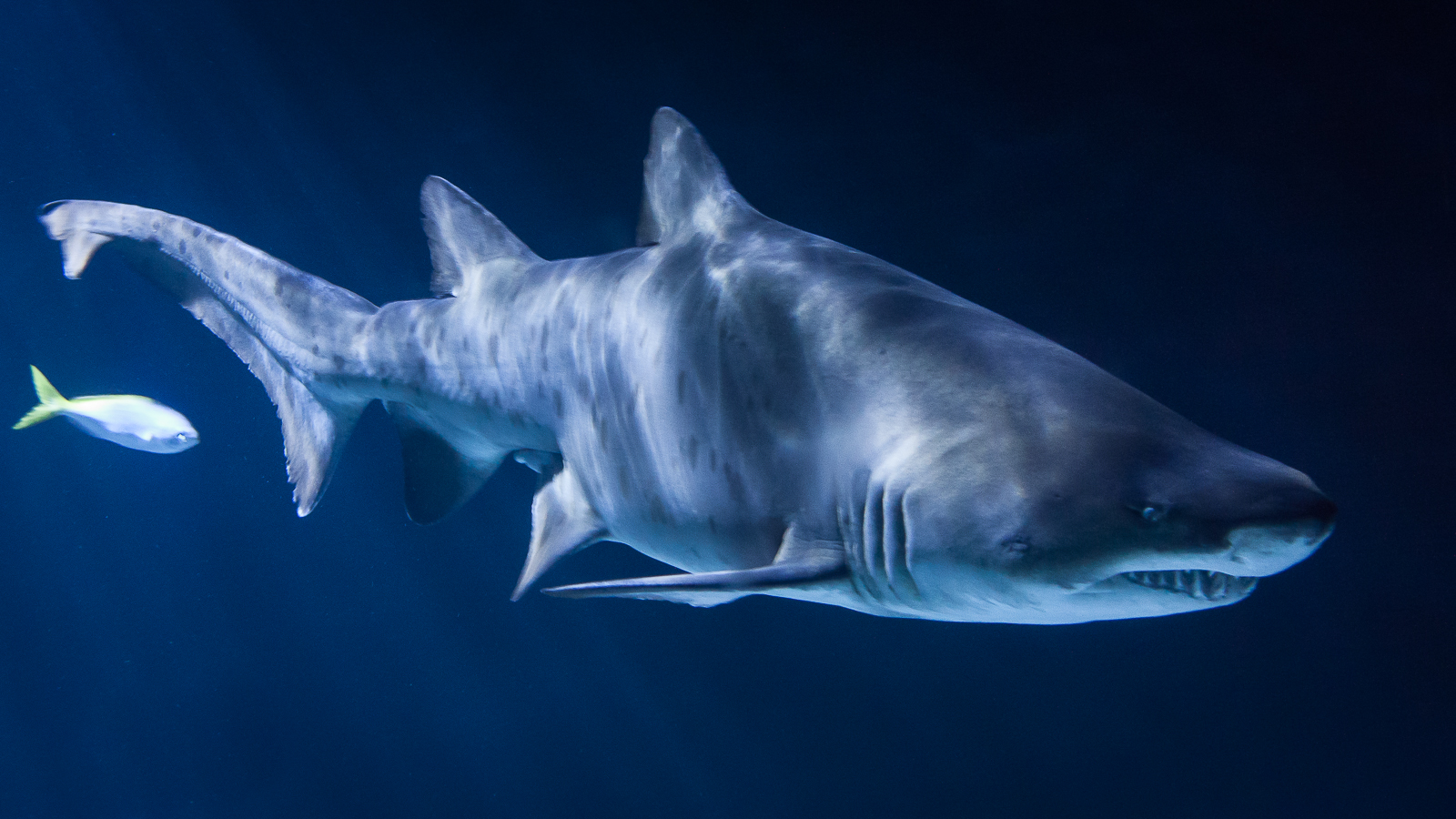Bryan Palacio / Staff Writer
opinion@fiusm.com
They say bad publicity is better than no publicity, but is that true in conservation?
Last year, over 40 million people tuned in to the Discovery Channel to watch “Shark Week.” But with all those viewers, could it possibly be that “Shark Week” does more harm than good? For years now, the Discovery Channel – along with every other channel, it seems – has shifted its programming from education to reality TV (although it’s the farthest thing from reality). Replacing documentaries and staples in its programming rotation like “Walking with Dinosaurs” or “How It’s Made” for shows like “Airplane Repo” and “Moonshiners.” The Discovery Channel used to have Bear Grylls teach you how to stay alive in the wilderness, now they have you stare at naked people in the bush making you think that someone is going to die before every commercial break.
So has this affected “Shark Week?” Yes, it has. Two years ago they even made a mockumentary about an extinct shark called Megalodon. The show suggested stories about sightings and possible attacks on humans. It even suggested that the prehistoric breed had been caught on camera after a boat incident with a shark, and connected the fabled creature to another shark caught in a photo of a Nazi U-boat.
Then last year, there was the story of Jonathan Davis, a graduate student at the University of New Orleans. Producers called him two years ago to make what they said would be a documentary about his research on bull sharks in Louisiana’s Lake Pontchartrain. Little did Davis know, what they really did was use the film of him doing research in another mockumentary they called Voodoo Shark, which portrayed Davis as believing in a legendary shark which lives in the bayous called the Rooken. Davis was understandably confused and said he never knew that they were going to portray him like that. I don’t know what is more disappointing, that they bypassed an opportunity at a good documentary to make a fictional story or that they actually lied about it instead of just telling him the truth from the beginning.
I tried to believe that this year would be different, after two segments of the special, I turned it off and vowed to not watch it anymore. One was a documentary about Mako Sharks, which, surprisingly, wasn’t completely as non-educational as they have been in the past. The problem was the way it was shot. It was some weird fourth-person camera view which showed not only the host and guest but also the camera crew. It was some kind of weird reality documentary which still paid more attention to the people and the suspense than it did to teaching you about the shark. Another segment was the after show, “Shark After Dark,” which could have been interesting – had it used the opportunity to talk with specialists. Instead it was a shark-themed late night talk show.
This has been the trend for years now. “Shark Week” has slowly focused more on attacks and making sharks seem like killing machines waiting for unsuspecting humans to go into any body of water. Now, with the popularity of reality TV, the educational roots of the special has tapered off even more.
Reality TV has its place – on MTV or Entertainment Television – but it shouldn’t be on a network called the Discovery Channel. If someone wants to spend time watching fake programming and pretending that it is real, they should go ahead, but keep it off of the few channels actually intended to be educational. To think that the favorite channel of many kids growing up, the one that inspired me, personally, to love science and nature, is now the home of shows like “Amish Mafia.”
It is difficult to blame TV viewers, though. The executives in charge of running the channel are the ones at fault. Unfortunately, they have sold out to get viewers they once didn’t need at the expense of quality. The Discovery Channel used to be about discovering new information, learning about the physical world and closing the gap between specialists and laypeople. But the Discovery Channel isn’t about discovery anymore, it’s about reality – except theirs is about as real as voodoo sharks and modern-megalodon.






Be the first to comment on "Shark Week gives sharks a bad reputation"